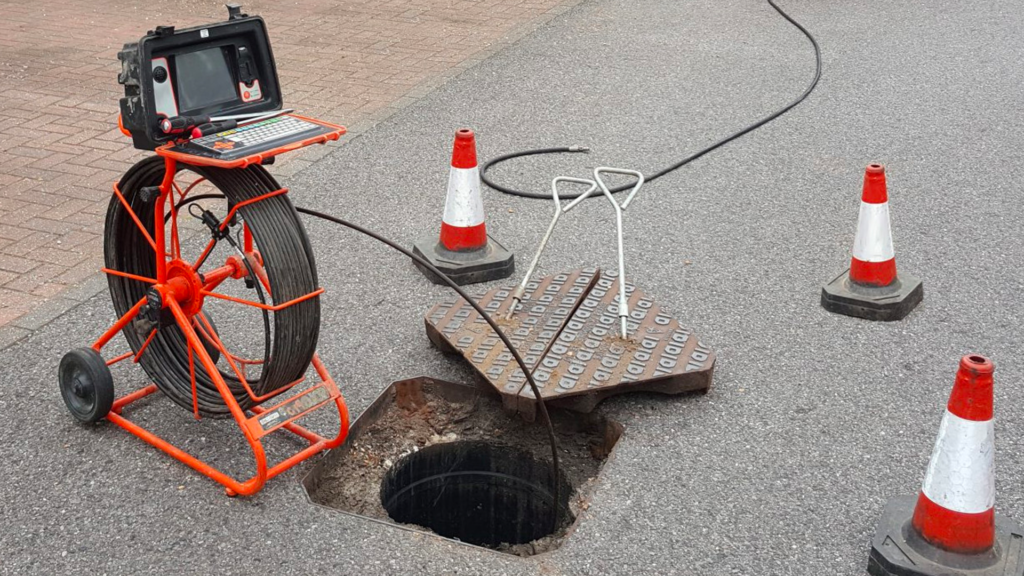Everything about Reclaim Waste
Table of ContentsSome Known Questions About Reclaim Waste.Some Known Details About Reclaim Waste The Greatest Guide To Reclaim WasteThe Greatest Guide To Reclaim WasteExcitement About Reclaim Waste
Explore the kinds, incidents, and kinds of fluid waste. Domestic sewage waste describes the waste and products from a domestic septic container. This kind of waste is created by human beings in homes, colleges, and other structures. This only includes septic systems that have a drain area. The appropriate management and disposal of residential sewer waste need fluid waste to be moved to a sewage therapy plant where the proper techniques and equipment are put on purify and dispose of waste.
Industrial waste usually includes prospective hazards, such as flammable products or a mixture of liquid and solid waste products, and needs an extra advanced and in-depth disposal procedure. The disposal of commercial waste usually entails the purification of waste before transportation to make sure secure and proper disposal. Industrial waste is produced from by-products and overflow of commercial processes and manufacturing.
This kind of waste can not utilize the exact same sewer monitoring transport or procedures as septic or commercial liquids. The hazardous waste management process requires the evaluation and testing of liquid waste before it goes through the disposal procedure (liquid waste disposal). Drainage waste is the fluid waste that originates from drainage and excess stormwater in extremely inhabited areas or cities
Overflow waste can trigger contamination and flooding if not dealt with correctly. Find out more concerning sewage system cleansing and waste management. Guaranteeing appropriate waste management can avoid catastrophes and decrease environmental harm. Both people in household setups and experts in commercial or manufacturing markets can gain from understanding the procedures and policies of fluid waste administration.
Reclaim Waste Can Be Fun For Everyone
Get in touch with PROS Services today to learn more about our waste monitoring and disposal services and the correct ways to look after the liquid waste you create.
(https://www.metal-archives.com/users/reclaimwaste1)Do you know what happens to your water when you draw the plug, purge the toilet or drain pipes the washing machine? No? Well, it deserves understanding. This so-called 'wastewater' is not just an important resource yet, after treatment, will certainly be released to our land, waterways or the ocean. Used water from commodes, showers, baths, cooking area sinks, laundries and commercial procedures is known as wastewater.

water used to cool equipment or clean plant and devices). Stormwater, a form of wastewater, is overflow that moves from farming and urban locations such as roofs, parks, gardens, roadways, courses and gutters into stormwater drains pipes, after rainfall. Stormwater flows without treatment directly to regional creeks or rivers, at some point reaching the ocean.
4 Simple Techniques For Reclaim Waste
In Queensland, most wastewater is treated at sewage treatment plants. Wastewater is delivered from residential or commercial websites with a system of drains and pump stations, understood as sewerage reticulation, to a sewage treatment plant. City governments build, maintain and run most sewer treatment plants. Operators are certified under the Environmental Security Act 1994 to discharge treated wastewater at an appropriate ecological criterion into waterways.
The Division of Natural Resources encourages city governments concerning handling, operating and keeping sewage systems and therapy plants. In unsewered areas, city governments may call for owners to mount private or home sewage treatment systems to deal with residential wastewater from toilets, kitchens, restrooms and washings. The Department of Natural Resources authorises using home systems when they are proven to be reliable.
In some brand-new subdivisions, treatment of some stormwater to eliminate litter, sand and gravel has actually begun making use of gross pollutant traps. Wastewater therapy occurs in 4 phases: Removes strong issue.
Makes use of tiny living organisms knows as micro-organisms to damage down and remove staying liquified wastes and great fragments. Micro-organisms and wastes are incorporated in the sludge.
Some Known Questions About Reclaim Waste.
Nutrient removal is not available at all sewage treatment plants since it needs pricey specialized tools. Clear fluid effluent produced after treatment might still consist of disease-causing micro-organisms - liquid waste disposal melbourne.

This normally indicates wastewater has to be treated or contaminants removed prior to it can be discharged to rivers. The majority of wastewater moves right into the sewerage system. Under the Act, city governments provide approvals and permits for ecologically appropriate activities (Ages) including wastewater releases that could have a regional impact. The department carries out authorizations and licences to Ages including wastewater launches that may have a regional or statewide effect.
Some Known Details About Reclaim Waste
Or else, examples are taken for lab evaluation. Frequently lots of examinations are needed to establish the levels of each of the different toxins such as oils, hefty metals and pesticides in water. Surveillance supplies valid information about water top quality and can verify that permit conditions are being fulfilled. The details obtained via surveillance supplies the basis for making water quality decisions.